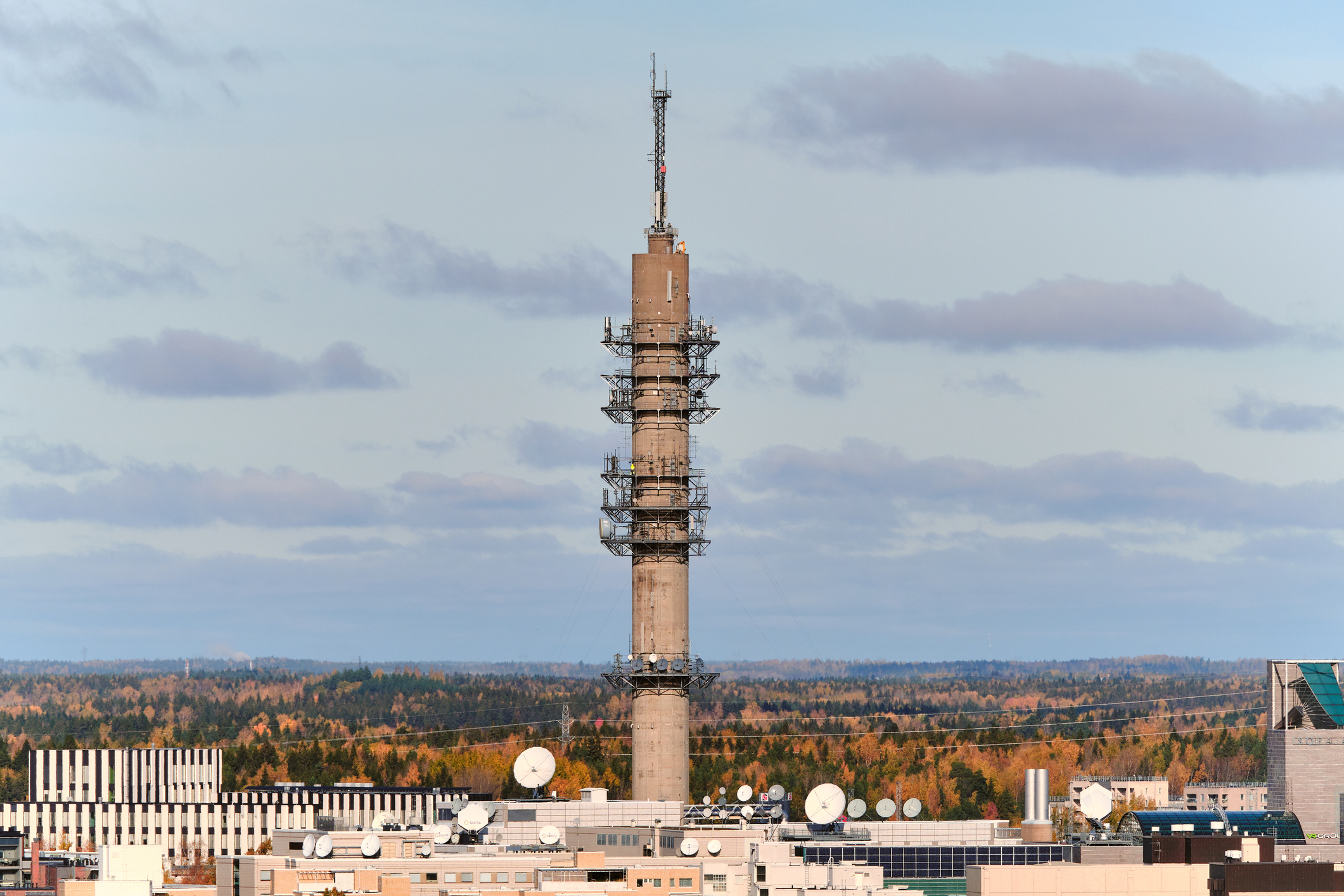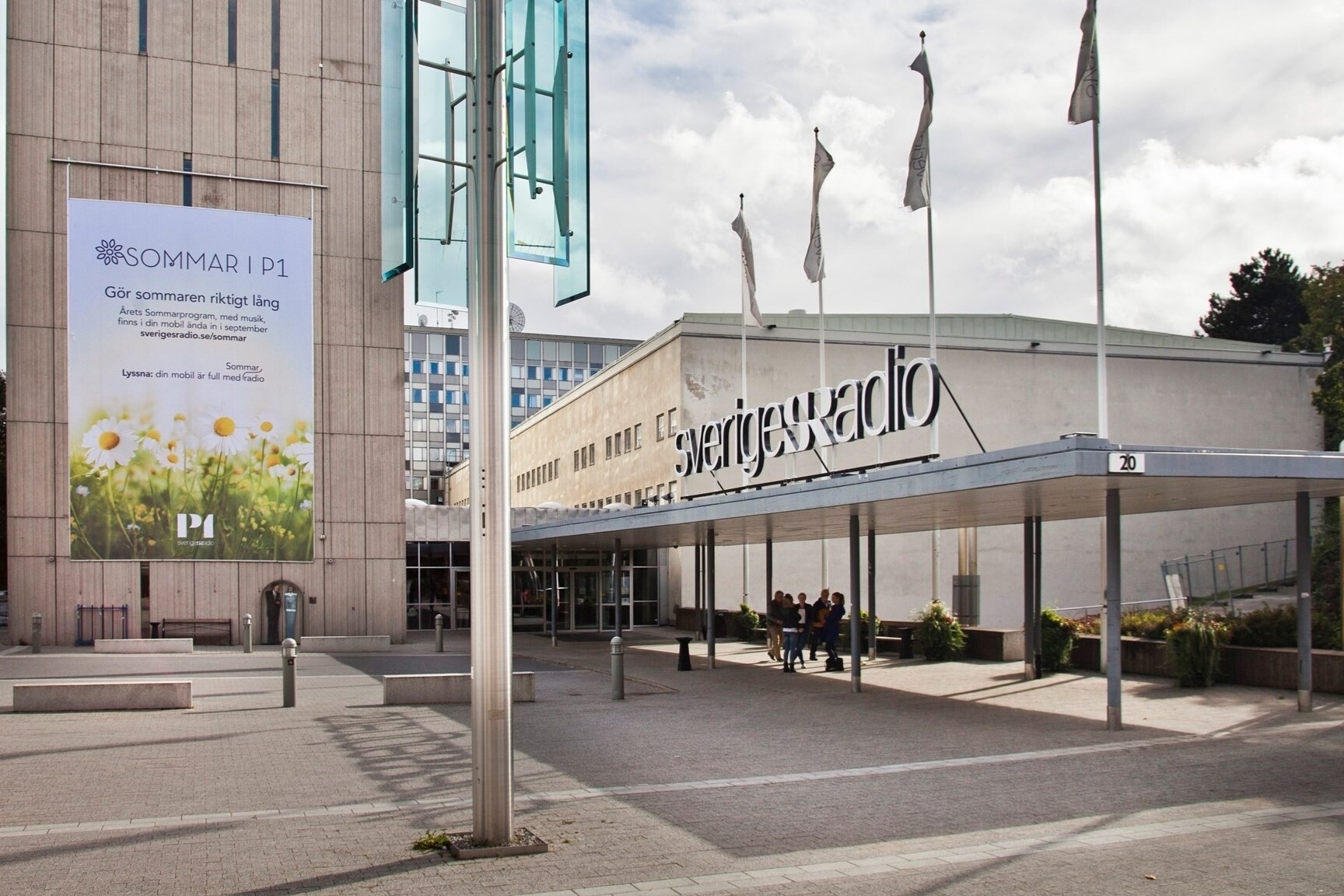INSIGHT
It’s time to stand up for public service media journalists
28 August 2025
The EMFA came into force at the beginning of August, but pressures on public media and media freedom in Europe persist. In the face of these challenges, the EFJ advocates for an alliance between journalists, media organisations, public service media and other stakeholders to push back on anti-democratic populism and attacks on media freedom.

This article was originally published in the journal “Public Value International”, volume 7: “Under Attack! Populism & Public Service Media”, Under Attack! Antidemokratischer Populismus und Medien (Östereichischer Rundfunk, ORF) and issued by the European Federation of Journalists.
By Maja Sever, President of the European Federation of Journalists and Renate Schroeder, Director of the European Federation of Journalists
Public service media is there to serve the public — the citizens, who fund them and to whom they owe responsibility, transparency, and trust. In times of democratic instability, the rise of populism, and increasingly frequent attacks on media freedom, public broadcasters should be the backbone of the media ecosystem – the strongest pillar – precisely because they do not – or less – rely on advertisers or politically influenced funding. They should be the guardians of truth and open dialogue, resisting anti-democratic forces not with propaganda, but with facts, ethics, quality, and integrity. Unfortunately, the reality is often different. Today, public service media are under major pressure. On the one hand, they are increasingly targeted by political interference, politicised staffing, program influence, and attempts at instrumentalisation. On the other hand, public service media suffer uncertainty: we’re seeing restructuring plans in many PSMs across Europe, which involve staff reductions, program and revenue cuts, and deteriorating funding systems. The lack of vision and political will to protect and strengthen public service media as the foundation of media infrastructure poses a serious threat to society and democracy—far beyond the scope of media alone.
Read more: Public media in Europe: Cooperate to survive
It is crucial to emphasize: there is no answer to populism, no defense of truth, and no inclusive public debate without journalism – strong, independent journalism within public service media. But even within PSMs themselves, especially among management, there is often a failure to grasp a key truth: without strong, professional, independent journalism – there is no public service. Because of such lack of awareness and proper practice, public service media are losing trust and becoming increasingly vulnerable to attack. Without strong journalism, the space for disinformation, manipulation, fear, and polarisation expands. Public service media must offer more than content distribution platforms. They must remain or become active players in the fight for freedom of expression, pluralism, social inclusion, audience engagement and media literacy. For this, journalists must be guaranteed the conditions, protection, and support to do their work according to the highest professional standards.
Latest Insights
Within the European Federation of Journalists and its Broadcasting Expert Group (BREG), we bring together representatives of PSMs from across Europe who witness daily how demanding—but necessary – this struggle is. We see editorial freedom being stifled, funding being cut, and political control being pushed through “reforms,” undermining professional autonomy.
In our advocacy for the European Media Freedom Act (EMFA), we fought for the legal protection of public media independence to be embedded in the European framework. Article 5 of EMFA provides measures to protect PSM from political pressure and aims to ensure financial sustainability to fulfil its remit. This is an important step forward. But this protection is still not a reality. We are now entering a crucial phase of implementation. And while we wait for EU rules to translate into concrete protection mechanisms, battles against public service media are taking place all over Europe.
“It’s time for public service media – and all of us with them – to respond clearly, loudly, and professionally to anti-democratic populism and attacks on media freedom.”
In Croatia, we are witnessing a crisis moment, with hundreds of layoffs announced at the public broadcaster—without a clear plan, public debate, or vision that would justify such cuts. Consolidation is happening without a mission—and without a mission, there is no public interest.
In Spain, every Friday, we stand in solidarity with colleagues in Galicia who are protesting in defense of public media values. Several regions have formed the alliance RTVs Públicas en Lucha – a united front against commercialization and political interference.
In France, we are fighting against a reform imposed by the Minister of Culture to centralize management further, aiming to tighten political control over newsrooms and reduce budgets. This year alone, €150 million in public funding has been lost. Journalists will protest in front of the National Assembly on the day the law enters parliamentary procedure.
In Italy, we witness the shrinking of the editorial independence of the RAI while politicians place “their representatives” in the board of the management of the PSM.
In Germany, the extreme right party AFD, but also politicians from some other parties attack the Public Service Media and try to destabilize the financing of the PSM.
In Finland, every 6th regional journalist working for YLE risks losing his or her job.

However, there has never been a greater need for independent information and for media capable of separating fact from propaganda and analysis from manipulation. So what needs to be done? First, we must clearly say that public service media are not relics of the past. They are not slow dinosaurs in the age of TikTok. They can be the strongest pillar of media resilience if given independence, stability, and strategic development. Everyone with influence – politicians, unions, citizens, European institutions – must realize that without journalism in public service media, there is no public value. A program without a free journalist is not a public service – it is PR for those in power. We must strengthen international solidarity. The attacks are local, but the resistance must be European. We need constant collaboration, the exchange of practices, mutual support, and a united front that sends a clear message: public media are democratic infrastructure, not political toys. Finally, PSM must recognize their historical responsibility. They cannot hide behind procedures, institutions, or the architecture of neutrality. They must step forward to the public and clearly state why they exist, why they matter, and what they will do to fulfill their mission.
We need more, not less engagement and dialogue between journalists including freelancers and management on new formats and programs and how to better engage and inspire the diverse audiences and get their trust and interest in PSM. We need to better address groups which are socially excluded but part of our enriching multicultural societies. We need to overcome bridges and fight echo chambers and polarisation. In times of disinformation and an increasingly toxic information ecosystem, media literacy programs, fact checking and more news instead of less is urgent. Several PSMs in Europe deliver, and their practices must be shown. We love Eurovision, but that won’t defend the independence or status of PSM in society. This article is also a call for action. A call for action – because the time to act is not “when EMFA comes into force”, not “after the elections”, not “when things settle down. It’s time for public service media – and all of us with them – to respond clearly, loudly, and professionally to anti-democratic populism and attacks on media freedom. Not out of defense, but out of the belief that journalism in the public interest is the foundation of a free society.
About the authors

Maja Sever is the President of the European Federation of Journalists (EFJ). With almost three decades of experience, Sever built her career in the Croatian public television HRT and has led the Union of Croatian Journalists (SNH).

Renate Schroeder is the Director of the European Federation of Journalists. Responsible for the Federation’s advocacy role at the European Union institutions and the Council of Europe, she was actively involved in the debates on the European Media Freedom Act (EFMA). Renate also oversees project work and provides guidance to several EFJ expert groups and participates in media freedom monitoring missions.
Related Posts
6th March 2025
As EMFA implementation grows closer, why some concerns remain
As the EMFA is coming into effect in…
4th September 2024
Yle faces structural changes and major budget cuts
The Act on the Finnish Broadcasting…





